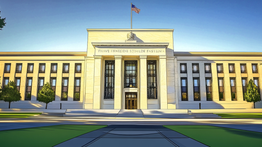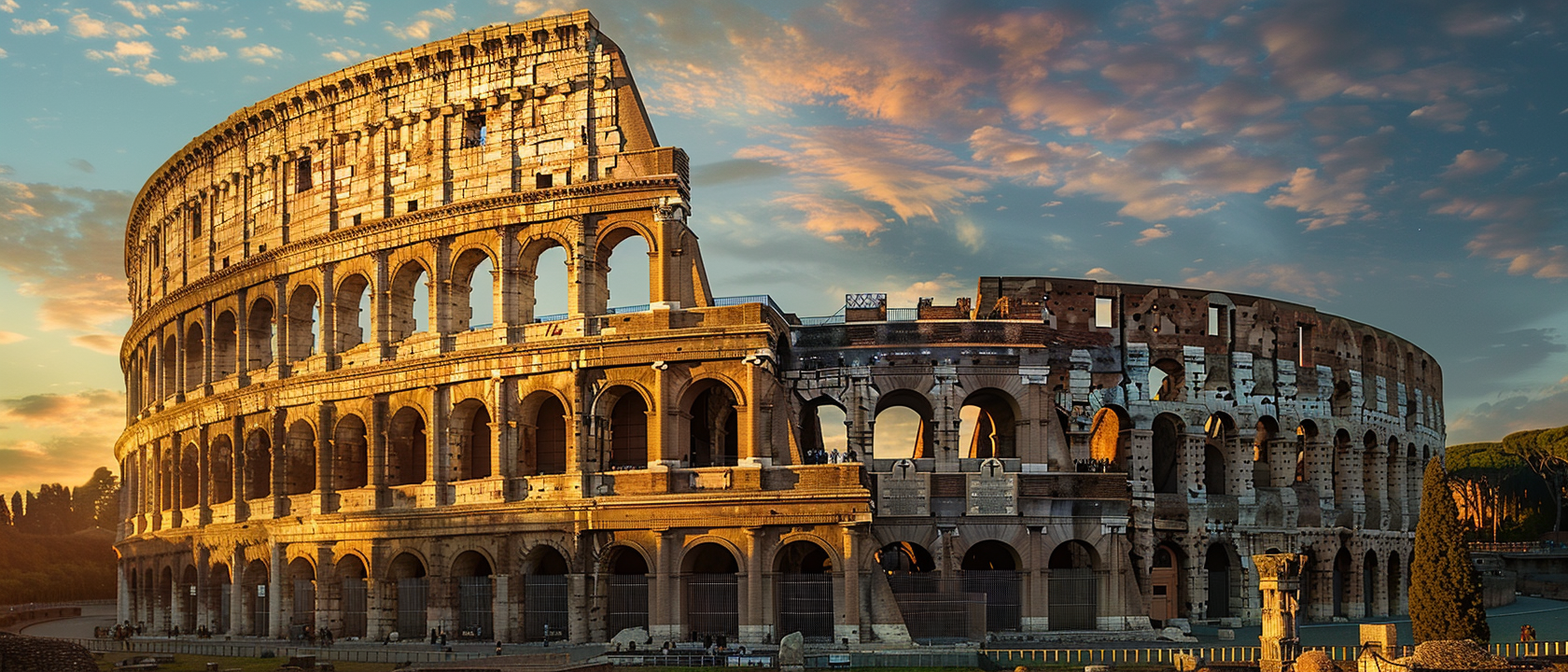

Unravel the critical lessons from the Roman Empire's decline in handling monetary inflation.
In the shadows of history, there lies a silent but potent warning about the dangers of unchecked monetary inflation—a warning that the modern world, with its rapid technological advancements, seems to have forgotten at its own peril. This cautionary tale is not a work of fiction but a reflection of real, historical events, notably the decline of the famed Roman Empire. In a video by the Academy of Ideas, the destructive force of inflation is brought to light, reminding us of the famous words of George Santayana: "Those who cannot remember the past are condemned to repeat it."
Inflation can be a wolf in sheep's clothing, often misconstrued as a mere increase in prices. However, the true menace lies in monetary inflation—the unchecked increase in the money supply by a government or central bank, which inevitably leads to price inflation. Ludwig von Mises, a 20th-century economist, clarifies this distinction, emphasizing that the surge in prices is merely a symptom of the real issue: the "new money pumped into the market."
Historically, the Roman Republic saw territorial conquests that filled the state's coffers with spoils of war. However, this stream of wealth dried up, leading Roman emperors to face insufficient revenue. To maintain their expenditures without causing public unrest through heavy taxation, they resorted to debasing their currency, leading to monetary inflation. This historical act mirrors the modern practices of expanding paper or digital money supplies with similar consequences.
Monetary inflation is treacherous; it sneaks into the economy, benefiting a select few—those politically connected—who receive the new money first, often at the expense of the larger society. As highlighted by the Spanish economist Jesús Huerta de Soto, this redistribution of income exacerbates societal inequalities.
The Roman state capitalized on the delay between the debasement of their currency and the public's realization of its diminished value. Following the example set by Emperor Nero, subsequent emperors would debase currency to fund their ventures, inadvertently setting the empire on a path to financial ruin.
By 200 AD, the Roman silver coin, the denarius, was debased to half of its original content, and the resulting price inflation became glaringly evident. The state, in an attempt to sustain the illusion of prosperity, continued its inflationary policies, leading to a reliance on forced labor and direct taxation in the form of goods, as the coinage had lost its value.
Citing American historian Otto Friedrich, the destruction of a society's monetary system by inflation can lead to the breakdown of government, society, and all standards. During the Roman Empire's decline, lawlessness, civil wars, and a declining population were just some of the symptoms of this breakdown.
Emperor Diocletian's attempt to curb inflation through price controls in 301 AD backfired, causing shortages and economic turmoil. The state's continuous inflationary policies led to hyperinflation, rendering savings worthless, and pushing commoners into desperation.
The fall of the Roman Empire stands as a stark reminder of the catastrophic potential of unrestrained monetary inflation. The control of money, it is argued, should not lie in the hands of governments and central banks, but rather emerge from the voluntary exchanges of the market—a medium of exchange created by the people, not dictated by the government.
In essence, the insights from historical analysis serve as an urgent call to heed history's lessons, lest we find ourselves amid a financial catastrophe that could unravel the very fabric of civilization. To secure a stable economic future, it is imperative that we recognize the inherent risks of monetary inflation and strive to prevent history from repeating its darker chapters.